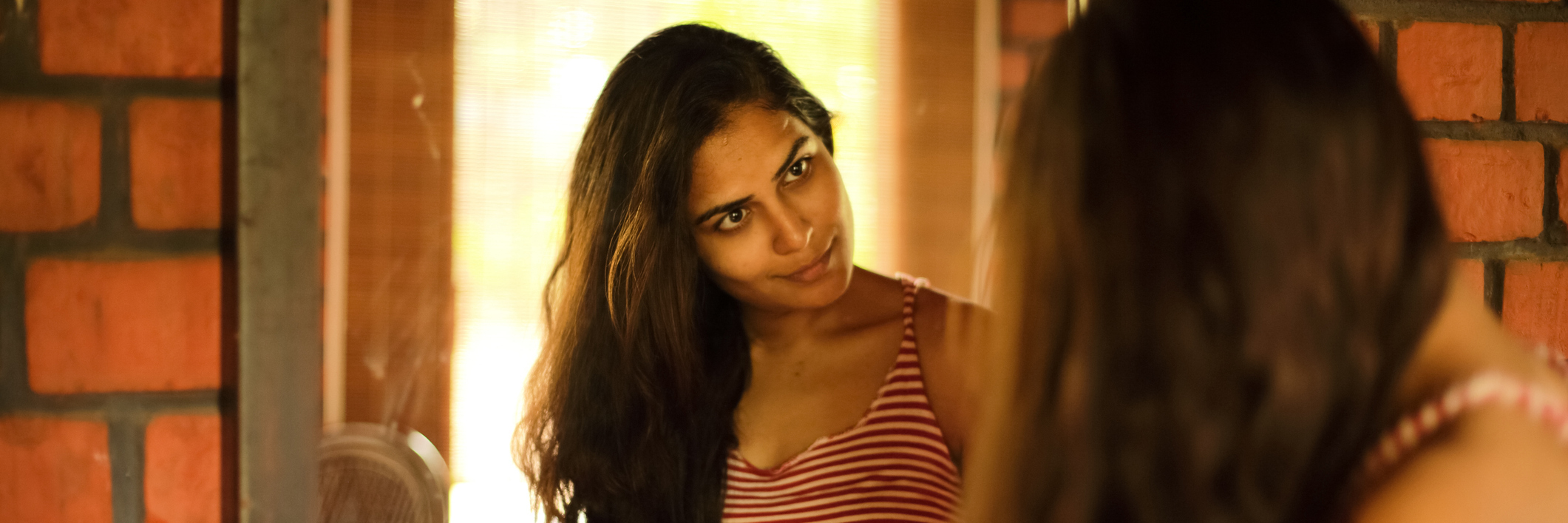Why Breaking the Stigma of Mental Health Means Expressing My Emotions
My therapist has been telling me for a while I need to grieve for my childhood self because the trauma of being bullied badly in school is still a part of me. I decided to put up a Facebook post about the impact on my adult life of being bullied as a child. I wrote about how I struggle with constant anxiety, poor mental health and body image issues. I hoped this would help me stop feeling embarrassed that I had been bullied, and instead, acknowledge that I had been hurt and am still hurting.
My post began receiving “likes” and “loves” starting the minute I put it up. I also began receiving messages and comments on the post from a lot of people. Many of the messages I received were touching, warm messages from people in my current life. They wrote that they would never have guessed that I had been a shy child, afraid of everything and myself, when they see the confident, articulate woman I am now. Some wrote to me about their own experiences with bullying, mental illness and body shaming in school. A few of my classmates from school also wrote that they had remembered me getting bullied in school, and that it was bad and they wished they had been there for me more at the time. These responses were wonderful. It felt nice.
Standing out amidst all these sensitive, thoughtful responses was one from a man I barely knew. He told me that he appreciated my post and it is sad that I got bullied, but I should really not speak about my insecurities on a public forum. When I asked why, he told me that people will think I am “weak” and will use this information “against” me, therefore, I should not be “immature” and speak about my vulnerabilities online.
Women’s emotional reactions are sometimes stigmatized as “crazy,” “hysterical” and even “irrational.” Women are often gaslighted into thinking that they are too emotional and are overreacting to situations. We might not seek psychological help even though we need it because we might believe that we are responsible for our own mental health condition. I distinctly remember thinking to myself that I needed to stop taking my emotions so seriously and make a better effort not to cry in the months just before I was diagnosed with depression.
Men, too, might experience similar struggles. Expressions of vulnerability and insecurity are often seen as unacceptable by standards of masculinity. Expressing vulnerability, in my experience, is something that only “hormonal women” do. Men are supposed to be stoic, emotionally “rational” and self-reliable. They may also be less likely to seek psychological help for this reason. Mental illness is often considered a weakness, and this makes it hard to break the stigma around it.
We all live in bodies which may be difficult to truly occupy and love, yet we are not allowed to express how our bodies and minds actually feel — whether that is through our sexual desires or a Facebook post on mental health. My decision to publicly acknowledge that I am an emotional being who can be hurt, a person with feelings, felt like an emotional release because of all the stigma associated with being an emotional and expressive person.
I grew up being told that I am “oversensitive” and “too emotional” because I cried easily and my choices were often motivated by emotion. I was made to believe that this was a bad thing — that I needed to “grow a tougher skin.” Emotionality is often not considered a valid type of intelligence. It is my belief that in order to detach the stigma associated with mental illness and seeking help for mental illness, we need to normalize the ability to express, understand and find comfort in emotions.
I know that in order to heal from my childhood past of bullying and cope with my depression and anxiety better, I must accept my emotions and their intensity. I intend on spending the rest of 2017 being as dramatic as possible in order to break down the gendered stereotypes associated with women being emotional. I will cry openly in a public places, like the cafeteria in college, without feeling any embarrassment. Insecurities are beautiful. They do not make us weak. To express emotion is not weakness, it’s just part of being human.
This post was originally published on Feminism in India.
We want to hear your story. Become a Mighty contributor here.
Thinkstock photo via Sujay Govindaraj

